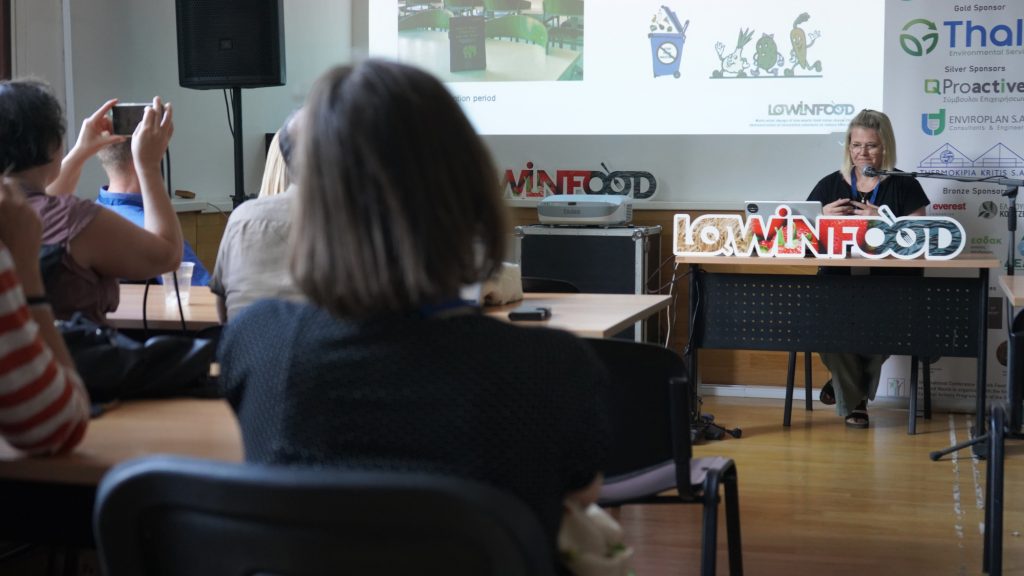
Impact of different approaches to reducing plate waste in school catering
On 25 September 2024, at the Retaste Conference, LOWINFOOD partner Niina Sundin (Swedish University of Agricultural Sciences- SLU) presented the results of the study carried out to examine the efficacy and sustainability impacts of the educational interventions conducted in LOWINFOOD focused on reducing plate waste in school catering across Europe.
LOWINFOOD partners implemented educational approaches in ten primary schools in Sweden from 2020 to 2022, three secondary schools in Germany from 2023 to 2024, and eleven secondary schools in Austria from 2022 to 2023. Specifically, interventions including plate waste trackers were tested in twelve schools (Sweden and Germany), pedagogic meals in five schools (Sweden), and kitchen workshops in eleven schools (Austria).
Employing a multi-phase study design, including evaluations before the intervention, during the implementation, and after the intervention, as well as sustainability assessment, the different educational approaches were tested and compared to control groups. Data collection involved quantification of plate waste during school lunches and recording the number of guests to calculate relative indicator of plate waste per guest.
The intervention with the most significant reduction in plate waste was the plate waste tracker (Matomatic), implemented in school canteens. The amounts of waste reduced is equivalent to preventing 200 kg of CO2 per year and school. These reductions were observed both in the short term and were sustained over the long term, as verified through comparison with control groups where no changes in plate waste were detected.
The present study “provides valuable insights for policymakers, educators, and the scientific community striving for more sustainable food systems”, stated the researchers.
Share on Facebook Share on Twitter Share on Pinterest